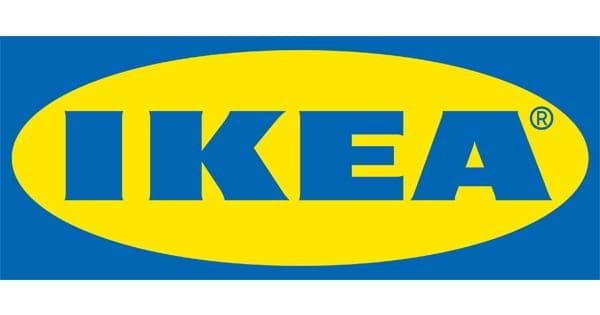BALTIMORE, MD—The Maryland Department of the Environment announced on Monday that it has approved $2.1 million in funding for five private businesses to convert their motor fleets to cleaner alternative fuels as part of the settlement of the Volkswagen (VW) “defeat devices” case. Existing diesel powered vehicles will be replaced with new vehicles that use clean alternative fuels like electricity, propane, and compressed natural gas (CNG).
In addition to the funds from the VW settlement, the businesses will spend about $5.2 million of their own money on the new vehicles for a total project cost of $7.3 million. The projects will improve air quality and provide health benefits through reduced vehicle emissions. Use of the cleaner vehicles will cut greenhouse gas emissions that contribute to climate change and also eliminate an estimated 60 tons of nitrogen oxide (NOx) that cause smog pollution. In addition to NOx reductions, the program will achieve more than 1,600 tons in reductions of carbon dioxide.
The department approved all five alternative fuel vehicle project proposals received:
- $800,000 to Waste Management for 20 CNG-powered trash haulers
- $455,000 to IKEA for two electric forklifts and chargers
- $346,298 to Reston Limousine for two electric shuttle buses and chargers
- $324,030 to United Airlines for two electric ground support equipment and chargers
- $173,149 to Dream Management, Inc. for one electric shuttle bus and charger
“This is a partnership to boost environmental health and private sector action for a cleaner and greener future,” said Environment Secretary Ben Grumbles. “We’ll continue to focus on transportation electrification and fleet modernization to drive climate progress.”
From 2009 through 2015, certain diesel-powered Volkswagen, Audi, and Porsche vehicles were equipped with illegal “defeat devices.” The devices allowed cars to meet emissions standards in a laboratory or a testing station, but during normal operation the vehicles emitted NOx up to 40 times above federal standards. About 16,000 of the illegal vehicles were sold in Maryland.
In February, MDE, in coordination with Maryland Energy Administration and Maryland Department of Transportation, developed a spending plan to invest more than $75 million the state received under a settlement between the U.S. Department of Justice and VW in transportation strategies and projects to improve the quality of the air that Marylanders breathe. The plan puts a priority on the deployment of electric vehicle charging infrastructure and the replacement of old, dirty diesel engines with new, cleaner technologies.
While the plan focuses on ways that Maryland can reduce NOx emissions, Maryland will also experience significant co-benefits for the environment. These include reductions in particle pollution from diesel engines, reductions in emissions of greenhouse gas emissions that contribute to climate change, and reductions in pollution from volatile organic compounds.
Maryland received the five proposals after a public participation process that included comments received on a draft spending plan released in 2018. The funding of electric and alternative fuel private fleet vehicles works hand-in-hand with the state’s work through MDE and MEA to reduce emissions by replacing older technologies with new advanced cleaner technologies.
In September 2019, the first round of funding from the VW settlement provided nearly $2.5 million for electric and alternative fuel school buses. Frederick County received money to buy 22 propane-powered and two electric buses, Howard County two electric buses and Montgomery County and Prince George’s County one electric bus each.
In June, $500,000 from the VW settlement was awarded to the Port of Baltimore’s Dray Truck Replacement Fund, enough money to provide 16 cleaner delivery trucks for port operations.


